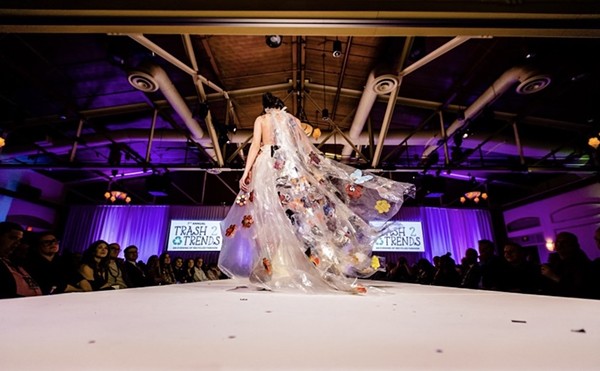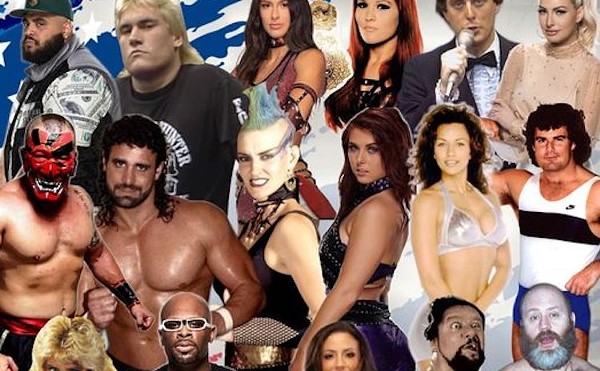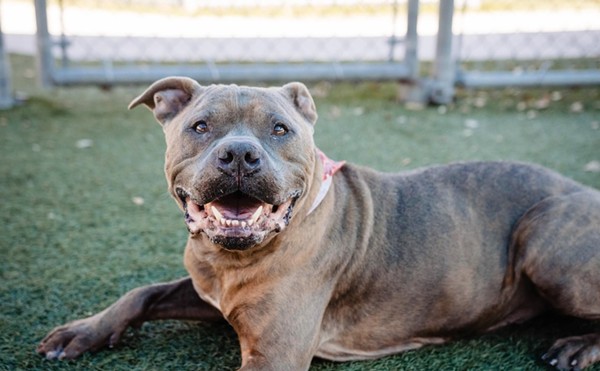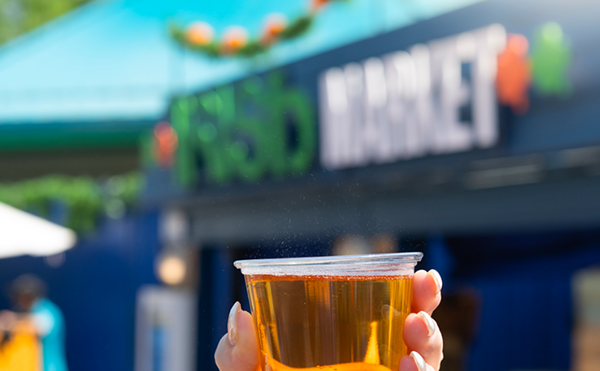Taipei by Tao Lin
Vintage Contemporaries | 256 pages
‘I don’t view my memory as accurate or static,” the novelist Tao Lin said in a recent interview with Entertainment Weekly. “My focus is still on creating an effect, not on documenting reality.” It’s that very sort of flat, mild-to-the-point-of-affectless and patently disingenuous statement that makes some readers find Lin so maddening – seeing as how Lin’s work, especially his three “novels,” are or seem to be exact reproductions of his own life.
Retelling one’s life in fictional form has become the de facto and clichéd storytelling method among contemporary writers, either as a device for subverting the reader’s assumptions or as a self-reflexive/meta commentary on memory and the writing process. (For a master class on both fictional reality and irritating one’s fans, see Bret Easton Ellis’ 2005 faux-memoir Lunar Park.) Lin, a writer recognized for using autobiographical material with microscopic liberty and unabashed fervor, is concerned with neither of those. Readers both familiar and not-so-much will find Lin’s third novel, Taipei, disconcerting, inane, divisive and – simultaneously – all too recognizable. Or as Jade Shames, in his Thought Catalog article “One Response to Every Page of ‘Taipei’ by Tao Lin,” blankly says: “Sometimes it’s scary how similar conversations are in this book to ones I’ve had in life.”
Taipei traces the progress of Paul, a Brooklyn writer of Taiwanese origin, on an extensive book tour reading from his second novel – including excerpts from an unnamed “memoir-in-progress.” The book meanders its way through the minutiae of Paul’s disaffected and indifferent relationships with artists, his childhood in Apopka, his shoplifting experiences, his current and former hook-ups, the entire time distracted and constantly checking his social media pages. It also exhaustively records his excessive alcohol and drug intake (MDMA, heroin, cocaine, Adderall, mushrooms, Klonopin, Xanax). Paul is forever “grinning” or becoming “obsessed” with new flings, forming awkward liaisons with fans from his reading tour (most of them at colleges), through Gchat or social media, and in person during interviews. He even chronicles his drug use with former lovers by videotaping it on his Macbook. This drug usage becomes a heavy and constant source of worry for Paul’s mom, even though she suggests that “it’s OK to try it once in a while.”
The novel’s trip through Paul’s life is – uh – very similar to Tao Lin’s own experience. In 2010, Lin published his second novel, Richard Yates (a thinly veiled autobiography in which the main characters’ names were “Haley Joel Osment” and “Dakota Fanning,” and which had little to do with the titular novelist, author of the revered 1961 book Revolutionary Road). Lin also went on a brief book tour including stops at several colleges, detailed his shoplifting experience in his novella Shoplifting From American Apparel and on various online publications (particularly Vice, where he’s a house favorite, and Gawker, where he’s a favored whipping boy), and recorded his drug-infused experiences as co-founder of MDMA films.
Also, like Paul, Lin is of Taiwanese descent, speaks Mandarin, peppers his responses with “I don’t know” or “at least it’s something different or something” and spent his childhood in Apopka. (Paul mentions it in brief passing: “The above-water parts of him were waiting patiently, he thought while staring at the soil beneath the bushes a few feet beyond the hot tub and remembering disliking the presence of soil while in swimming pools as a child in Florida, for the laughter to end and something else to begin.” One can safely interpret that Lin’s impressions of Central Florida are – at best – dull.)
Unlike the hostile reception to most of his six previous published works (including his debut novel, irritatingly titled Eeeee Eee Eeee), Taipei has been overwhelmingly praised as a game-changer in its deadpan, flat, yet literary prose or enthusiastically defined as his most mature work. My request to interview Lin was politely declined by his publicist, to my dismay; my list of questions was long. Does criticism of your work affect your personality – or vice-versa? What’s your favorite drug (and are you on it now)? What are your thoughts on Walt Whitman, that other famed celebrator of self?
By the novel’s end, one starts to wonder whether Lin should simply rename all of his work “My Life” – or, as Shames puts it in a quote extracted from the book, “ ‘This is what the universe created, after whatever billion years.’ #alternativetaipeititles.” The book zigzags through Paul’s alienation in a way that most likely mimics Lin’s own background as a kid who was placed in a special education classroom. (Lin has lately claimed both to be autistic or “on the spectrum,” and to have “cured” his own autism.) The characters and situations in Taipei can be described as ostensibly vacant, almost auratic exercises in the ongoingness of waiting for something (which is usually nothing) to happen. And, in a way, that’s precisely the point.
















